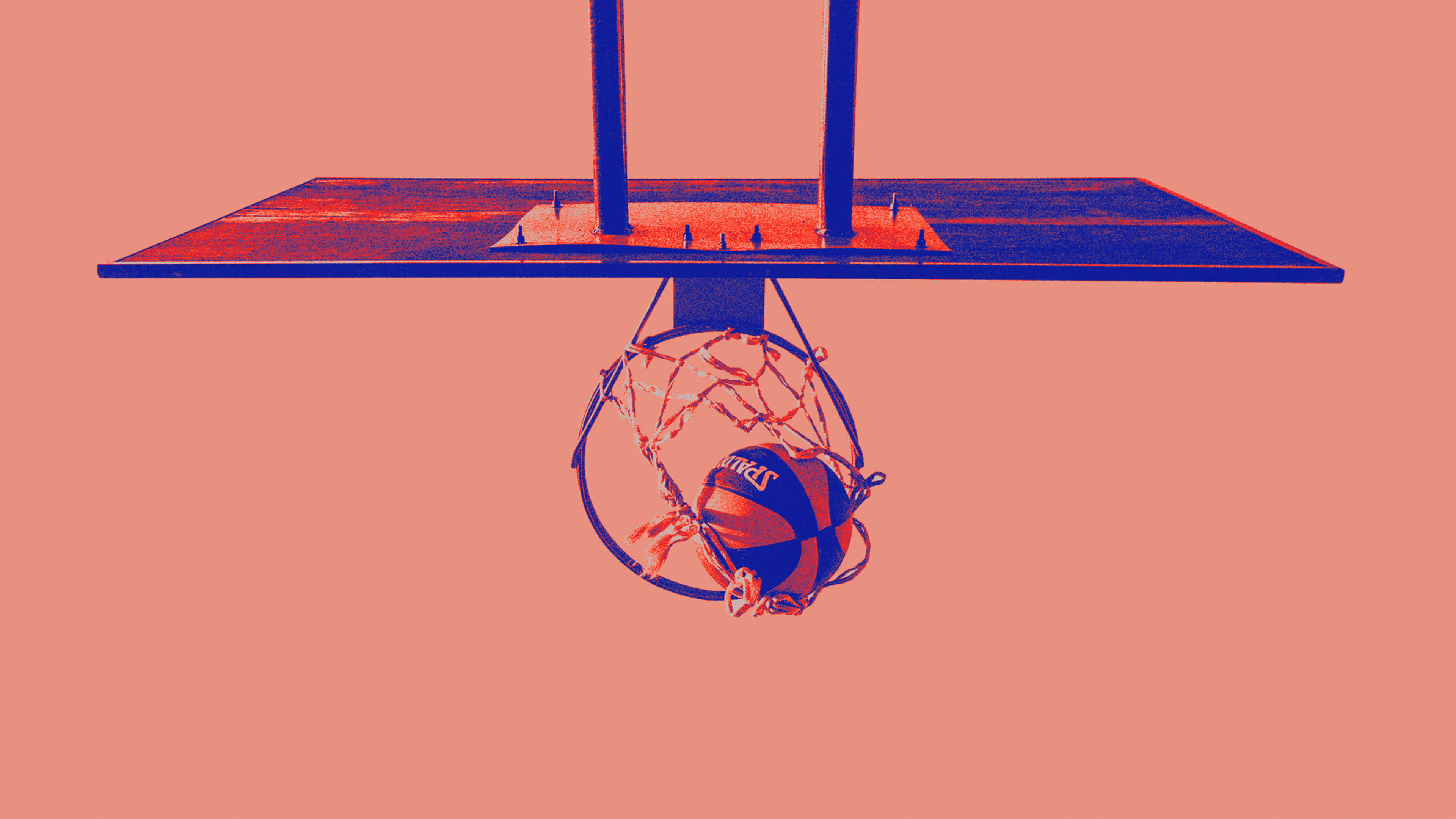Focusing on outcomes is definitely more meaningful than simply showing up and going through the motions of a job. But oftentimes, being too “results oriented” can just as easily get in the way of our work—particularly if expectations are high, or if we don’t feel like the results are in our control, the work can feel overwhelming. It’s a stressful experience. When it comes to creative work or problem solving, it can also be counterproductive—there’s no easier way to clog up the creative process or to start a creative block.
Here are three ways to get through analysis paralysis or a fixation with results, and to let go of stress to actually do the work well (excerpted from my book, Creative Doing):
Relax expectations
With vision comes expectations. We believe this project will be the one that enables us to break through. It would be weird if we didn’t—there might be less of a point in working on it. This expectation can serve as an occasional fuel, but more often gets in the way of us doing our best work. It’s where many creative blocks start.
“It’s important to keep the ideas going. A lot of times, you can’t get too worried about the results. I’m in a business where basically I get hired and fired as soon as a song comes out,” Dacoury Natche told me in an interview for Creative Doing.
Chris Kim, who produces music under the name CVRE, is known best for making songs with artists like Justin Bieber, Future, and Don Toliver. Based on his wide range of musical experiences, he observed to me, “Expectation always kills creativity. . . .You expect a certain result and you have to achieve that industrial definition of success that always kills the magic that could happen in the unknown.”
If you feel your expectations rising, that this project you’re working on is going to be a hit, acknowledge that there’s a chance it might also just be another project. The external measures of success might come after the next one, or the one after that. That is the beauty of consistency. You always have another shot. Another opportunity is just around the corner, if you want it to be.
Keeping your expectations modest will ensure that you cultivate the consistency you need not only to improve, but to make an impact. As recording artist Pharrell Williams said, “I never feel anxious about anything. Why would I? If I felt anxious or put pressure on myself then nothing would be fun.”
Loosen up
Throughout the years, we are conditioned to do things well and to constantly improve. If we’re not doing that, we’re led to believe we’re getting worse. If we regress, we are failures. These beliefs are all based on a flawed assumption: that progress is linear.
At an extreme, this could lead us to chase perfection. If we can’t do something perfectly, we just won’t do it. Perfectionism creates an impossible standard for us to meet. This is just one of many reasons we start procrastinating and get blocked.
In his book Surely You’re Joking, Mr. Feynman!, Nobel Prize-winning physicist Richard Feynman recalls an art class when he was instructed to draw without looking at the paper. He was impressed with the results, noticing a “funny, semi-Picasso like strength” in his work. He knew that it would be impossible to draw well without looking at the paper, so he didn’t consciously try. He writes, “I had thought that ‘loosen up’ meant ‘make sloppy drawings,’ but it really meant to relax and not worry about how the drawing is going to come out.” The solution is to do something without caring about the results.
The immediate goal is for you to take a very small step closer to the thing you want to do. If you want to write a book, then write at least one sentence in a notebook today, building up to a daily writing practice. If you want to draw, sketch out a person or an object—don’t think too hard, just choose something in front of you to draw. If you want to make music, hum a melody into the voice memo in your phone and try to create it on an instrument or in your computer.
Lose yourself in your work
Let go of your external expectations. Immerse yourself in the task at hand.
Bono writes about Frank Sinatra, “Fully inhabiting the moment during that tiny dot of time after you’ve pressed ‘record’ is what makes it eternal. If, like Frank, you sing it like you’ll never sing it again. If, like Frank, you sing it like you never have before.” This philosophy is applicable to your craft: You can pretend like it’s the last time you’re doing your work, the last chance you might be able to contribute to this piece of work. This immersion naturally lets expectations, hopes, and fears fade away; none of it matters. Treating your work like a craft will help you let go of external measures of quality and focus on what’s in front of you. Everything else is an unnecessary distraction.
Whenever a thought of comparison comes across your mind, notice it, and then let go. If you catch yourself ruminating about it, tap it away like a feather duster cleaning a glass and bring your mind back to whatever you are doing. As composer, band leader, and saxophonist Charlie Parker said, “Don’t play the saxophone. Let it play you.”
Herbert Lui is the author of Creative Doing, a book of 75 prompts that unblock creativity for your work, hobby, or next career. He writes a newsletter that shares three great books every month and is the editorial director at Wonder Shuttle.
Recognize your company's culture of innovation by applying to this year's Best Workplaces for Innovators Awards before the extended deadline, April 12.
